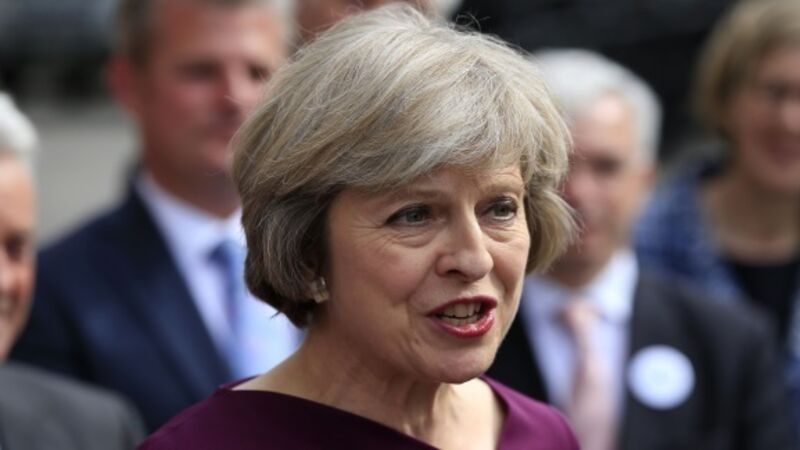Sterling resumes fall as traders focus on Theresa May’s perceived attack on Bank of England

Sterling fell 1% to $1.26, with a Reuters poll showing more losses are in store.
The currency has lost 2.5% this week, hurt by May’s announcement last weekend that the formal process to take Britain out of the EU will start by the end of March.
















